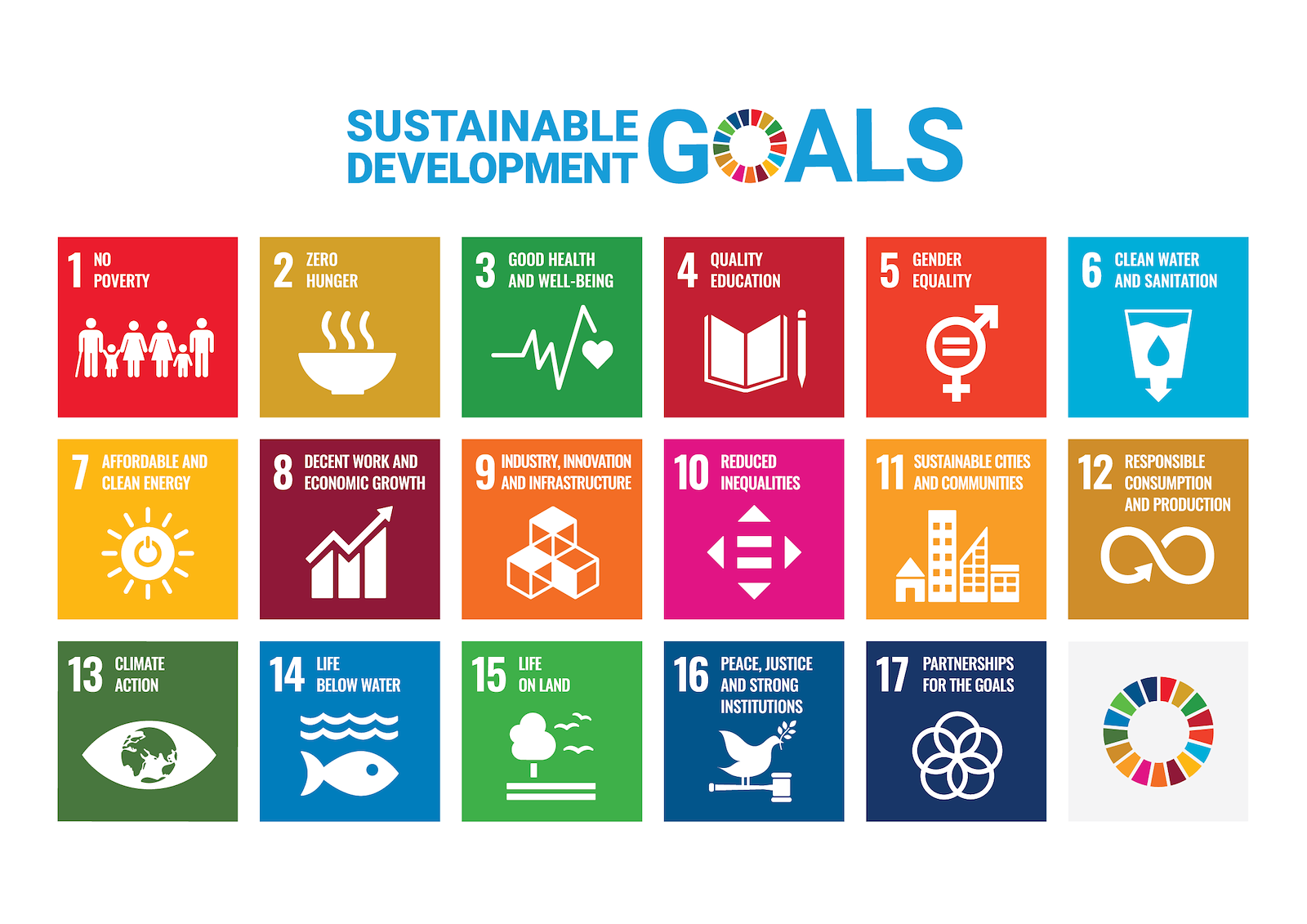Executive summary
This publication provides a clear understanding of the concept of a circular bioeconomy for the animal-based food value chain. It highlights where there are sustainability benefits and opportunities through optimal utilisation of animal by-products (ABP) and edible co-products (ECP) from the value chain.
Our established, essential role in collecting and processing ABP and ECP, and returning some of the derived products back into the value chain in animal feed and fertiliser makes us a key player in closing the circular bioeconomy loop and preventing food waste from an otherwise cradle to grave linear value chain.
Our broad range of product applications, from food, animal feed, renewable fuels, oleochemicals, pharmaceuticals to fertiliser provide solutions for everyday needs.
These products and the animals they come from capture and store carbon and offer many environmental, health and societal benefits. Our central position in the supply chain gives us a fantastic opportunity to contribute to a circular bioeconomy with a sustainable, low-carbon and circular future, based on renewable and natural resources.
Our aim is to guide our members to make a significant contribution to advancing the circular bioeconomy for a modern and efficient animal-based food value chain that sustains healthy productive agriculture and human well-being and adapts to changing societal demands.
EFPRA’s Sustainability Charter is a blueprint for our members to create and share business solutions to stimulate sustainable development within the European animal-based food value chain, helping it reach the highest levels of sustainability from farm to fork.
Our members are encouraged to seek out innovative forms of collaboration and partnerships and commit to implementing proportionate measures most relevant to their business.
The EU Green Deal, Farm to Fork Strategy and UN Sustainable Development Goals (SDGs) present our sector with an opportunity to apply our knowledge and creativity to provide innovative solutions that work towards a sustainable, resilient and inclusive future for all. Industry peers and animal-based food value chain partners can utilise the universal framework of the SDGs to inform their actions, identify new forms of collaboration, unlock investment opportunities and accelerate the transition to 2030.
We present our circular bioeconomy model for utilisation of ABP and ECP from the animal-based food value chain and our ambitions linked to the sustainability pillars of “Climate”, “Health” and “Society” around our central role. While we interact with most of the 17 SDGs and recognise the interactions and potential trade-offs among the Goals, we have identified seven core Goals where our sector and the value chain have the most potential to influence, create long-term value and drive sector transformation.
A clear and transparent narrative on our Sector’s most significant contributions to attaining these SDGs is provided for our stakeholders (NGOs, industry associations, governments, consumers and customers). Summaries of several case studies are included along the way with more details available on our website. We hope our Charter inspires and fosters collaboration throughout the animal-based food value chain and stimulates cross sectoral cooperation to amplify SDG impact.
The SDGs are the blueprint to achieve a better and more sustainable future for all. The animal by-products processing sector is contributing to the SDGs by providing low-carbon, bio-based solutions that are renewable and recyclable. This Charter provides us with a tool to help maximise our impact
